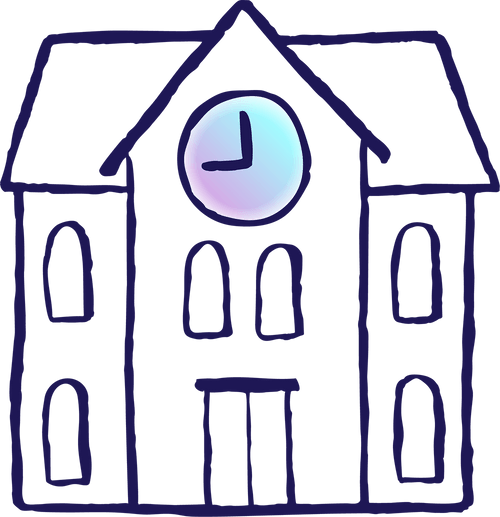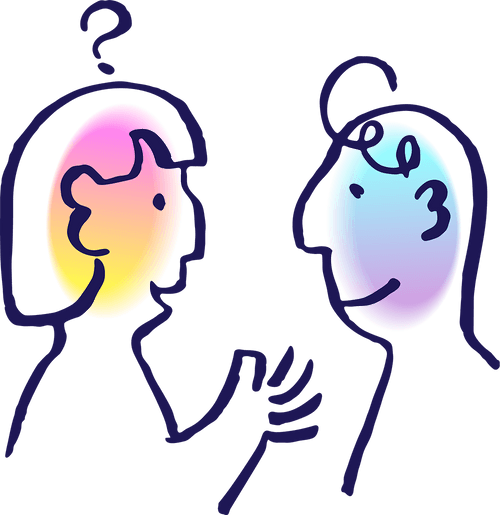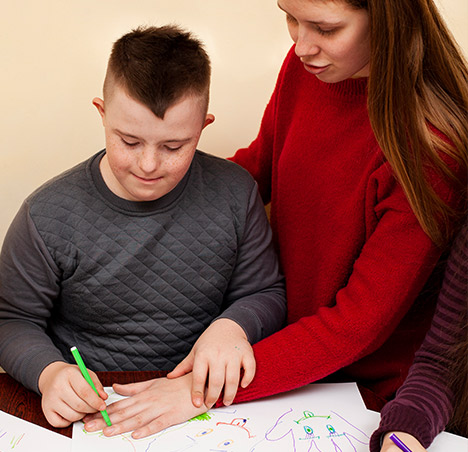Autism For Children
- Home
- Autism For Children
Autism Services for Children
Autistic Spectrum Disorder (ASD) can affect each child differently. The right diagnosis means your family can move forward with confidence, knowing your child can access the expert support they need to thrive.

How an autism assessment works
To be able to help your child in the most positive way, we first need to fully understand their neurodevelopmental makeup and needs. Our specialist team will conduct a thorough, expert assessment to ascertain if your child is or is not autistic.
1
Screening
If you’re worried that your child may be autistic, our free screening process will give clarity and insight. It will be carried out by our psychology team, led by a consultant clinical psychologist. If the results are indicative of autism, we’ll recommend a full diagnostic assessment to give a definitive answer.

Step
2
Information Gathering - school/pre-school report
If you’re worried that your child may be autistic, our free screening process will give clarity and insight. It will be carried out by our psychology team, led by a consultant clinical psychologist. If the results are indicative of autism, we’ll recommend a full diagnostic assessment to give a definitive answer.

Step
3
Multi-disciplinary assessment
If you’re worried that your child may be autistic, our free screening process will give clarity and insight. It will be carried out by our psychology team, led by a consultant clinical psychologist. If the results are indicative of autism, we’ll recommend a full diagnostic assessment to give a definitive answer.

Step
4
Diagnostic Report
If you’re worried that your child may be autistic, our free screening process will give clarity and insight. It will be carried out by our psychology team, led by a consultant clinical psychologist. If the results are indicative of autism, we’ll recommend a full diagnostic assessment to give a definitive answer.

Step
5
Support
If you’re worried that your child may be autistic, our free screening process will give clarity and insight. It will be carried out by our psychology team, led by a consultant clinical psychologist. If the results are indicative of autism, we’ll recommend a full diagnostic assessment to give a definitive answer.


Cherishing Amazing minds
Neurodiversity is part of being human; a fact of life for many millions of children and adults alike. And having a neurodevelopmental (ND) condition doesn’t mean you have a disease that needs to be cured, but that your neurological functions are organised differently to people who are neurotypical. It’s your unique mind.
However, neurodevelopmental differences can cause great distress when not recognised or understood. Once fully assessed and diagnosed, we can offer tools, support and therapies to help individuals move forward with positivity, peace and productivity.
Your child may be experiencing…
We're here to answer your questions

